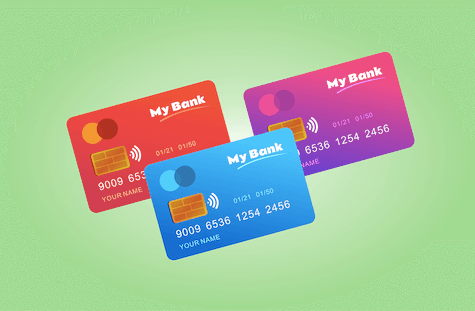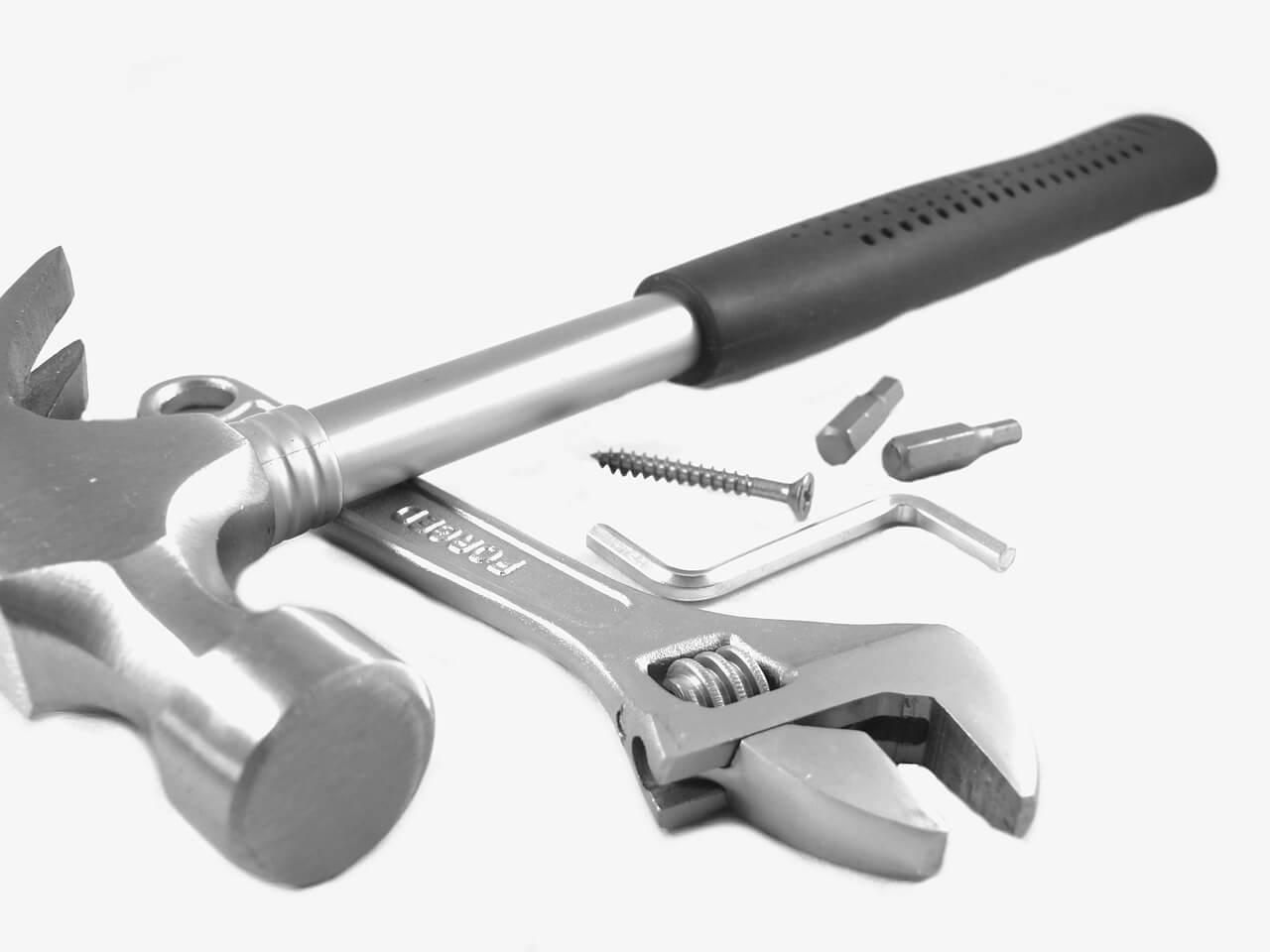Your credit score plays a pivotal role in your financial life, influencing your ability to secure loans, credit cards, mortgages and even impacting the interest rates you will be offered. If you find yourself with a bad credit score, it is essential to take action to repair it. In this comprehensive guide, Finger Finance will explore what a credit score is, why it matters and provide a step by step plan on how to fix a bad credit score, ultimately regaining financial stability and opportunities.
What Is A Credit Score?
Before diving into how to improve your credit score, it is crucial to grasp the fundamentals. A credit score is a three-digit numerical representation of your creditworthiness. It serves as a tool for lenders to assess the risk of lending you money.
Credit scores typically range from 300 to 850, with higher scores indicating better creditworthiness. A higher score can result in more favorable loan terms and lower interest rates.
Why Do Credit Scores Matter?
Lenders rely on credit scores to make lending decisions. A higher credit score increases your chances of loan approval and access to better financial products. Credit scores can also affect other aspects of your life, such as renting an apartment, securing insurance or even getting a job in some cases.
What Are Common Factors That Influence Credit Scores?
Key factors that can influence your credit score are summarized in the table below:
| Payment History: | Whether you have paid your bills on time. |
| Amounts Owed: | The total amount of debt you owe. |
| Length of Credit History: | The age of your credit accounts. |
| Credit Mix: | The types of credit accounts you have (e.g. credit cards, loans or mortgages). |
| New Credit: | Recent applications for credit or opening new accounts. |
Step By Step Guide On How To Fix A Bad Credit Score
Obtain Your Credit Reports
Start by requesting free copies of your credit reports from the three major credit bureaus: Equifax, Experian, and TransUnion. You can obtain these reports annually.
Review each report carefully for errors, discrepancies or inaccuracies. Common mistakes include incorrect account information, payment history errors, and accounts you do not recognize. If you find any inaccuracies, dispute them with the respective credit bureau.
Create a Budget and Payment Plan
To improve your credit score, you must demonstrate responsible financial behavior. A key component of this is making on-time payments.
Create a detailed budget that outlines your income and expenses. This will help you understand your financial situation better and identify areas where you can cut costs to allocate more funds toward debt repayment.
Prioritize paying all bills, especially credit card bills and loans, on time. Set up reminders or automatic payments to avoid missing due dates.
Reduce Outstanding Debt
High levels of debt can negatively impact your credit score. Aim to reduce your outstanding debt by creating a debt repayment plan. There are several methods you can use to tackle debt:
- Snowball Method: Start by paying off the smallest debts first while making minimum payments on larger ones. Once the smallest debt is paid off, move on to the next smallest.
- Avalanche Method: Focus on paying off the debt with the highest interest rate first, while making minimum payments on the rest. This approach saves you the most money on interest over time.
- Debt Consolidation: Consider consolidating high-interest debts with a lower-interest loan or balance transfer credit card.

Avoid using credit cards for new purchases while you are working on debt reduction.
Negotiate with Creditors
If you are struggling to meet your financial obligations, consider contacting your creditors to discuss your situation. They may be willing to work with you to create a more manageable payment plan.Some creditors might offer hardship programs, lower interest rates or reduced monthly payments to help you get back on track.
Diversify Your Credit Mix
A diverse credit mix can positively impact your credit score. If you primarily have credit card debt, consider diversifying your credit portfolio with installment loans, such as personal loans or auto loans.
Be cautious when opening new credit accounts, as each credit inquiry can temporarily lower your score. Only apply for new credit when necessary and when you are confident you can manage it responsibly.
Do Not Close Old Accounts
The length of your credit history is a factor in your credit score. Keep older, well-managed accounts open to demonstrate a longer credit history. Closing old accounts can shorten your credit history, potentially affecting your credit score.
Monitor Your Credit Regularly
Keep a close eye on your credit by monitoring it regularly. Many websites and credit card companies offer free access to your credit score and reports. Monitoring allows you to track your progress and identify any potential issues promptly.
Seek Professional Help
If you are overwhelmed by your debt or the process of repairing your credit, consider seeking assistance from a credit counseling agency or financial advisor. They can provide guidance and strategies tailored to your unique situation.
What Are Some Additional Tips to Improve Your Credit Score?
- Pay Attention to Credit Utilization: Aim to keep your credit card balances below 30% of your credit limit. High credit utilization can negatively impact your credit score.
- Avoid Opening Too Many Accounts: Each new credit inquiry can temporarily lower your score, so be selective when applying for new credit.
- Be Patient: Improving your credit score takes time. Negative information, such as missed payments or collections, can stay on your credit report for several years. Focus on consistently practicing good financial habits.
- Stay Informed: Familiarize yourself with the factors that influence your credit score and regularly check your credit reports for changes.
Concluding Thoughts
Repairing a bad credit score is a gradual process that requires dedication, discipline, and responsible financial management. By following the steps outlined in this guide, you can work towards improving your creditworthiness, ultimately regaining access to better financial opportunities and securing a brighter financial future. Remember that the journey to good credit is about consistent, positive financial behavior and wise credit management.



